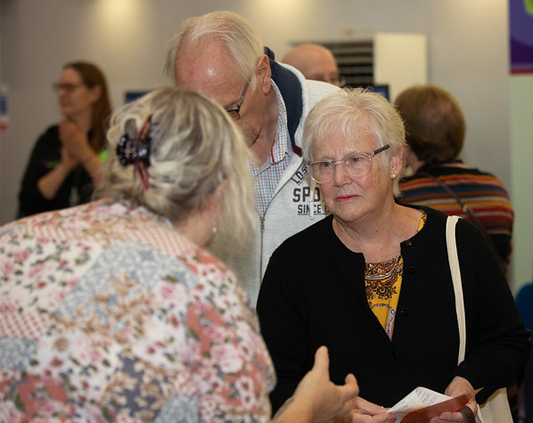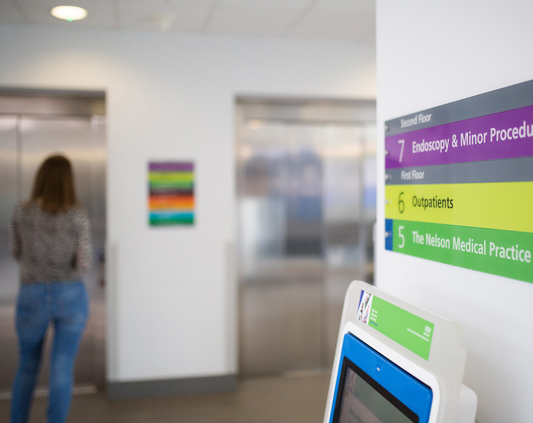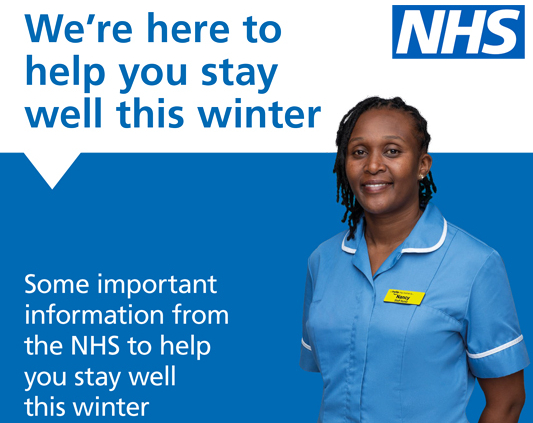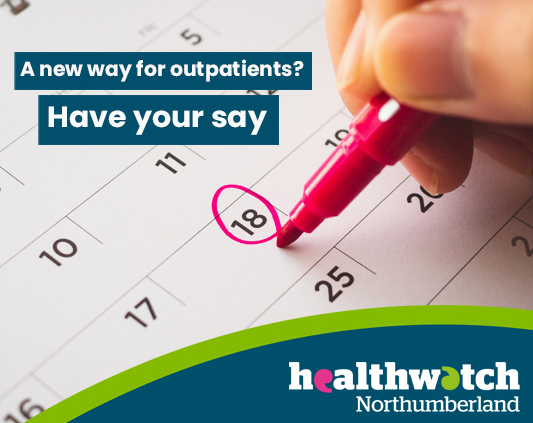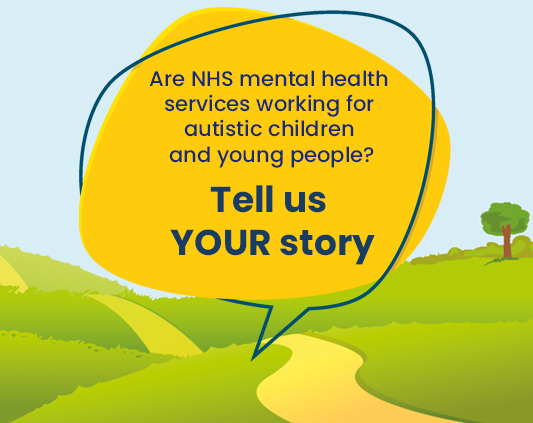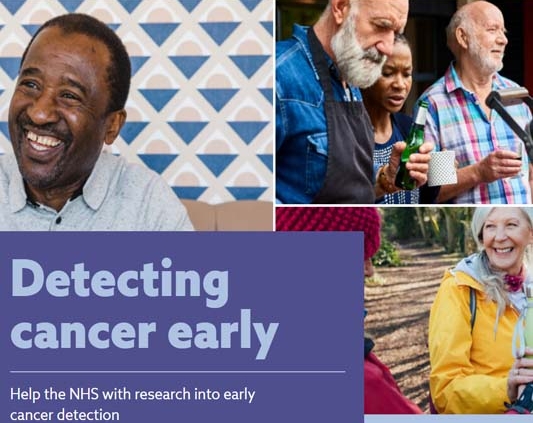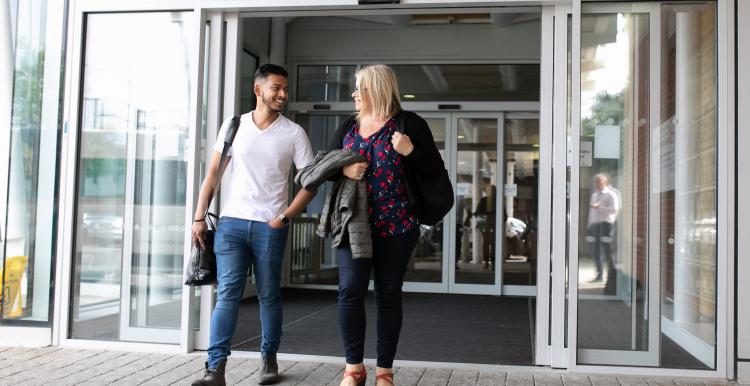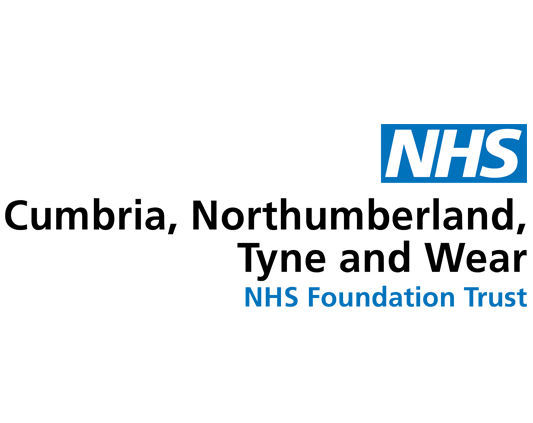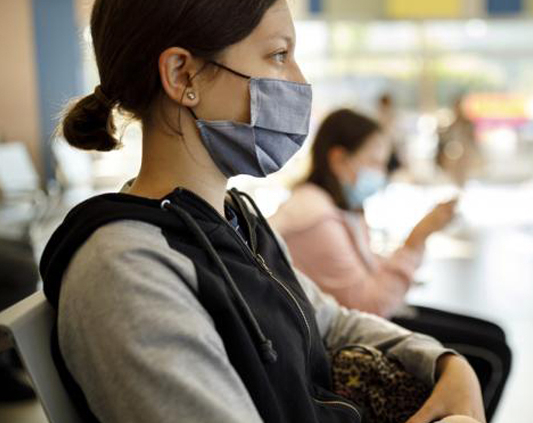The power of your feedback
1. Improving support for Long Covid patients thanks to you
We analysed the stories people shared with us about Long Covid throughout the pandemic. Although small in number, they told a powerful story.
You shared your stories with us, and, as a result, real change happened.
Here’s how:
You told us your GP didn’t understand Long Covid, often dismissing your symptoms.
We raised these concerns, and, as a result, the NHS is improving Long Covid resources for healthcare professionals to help them better diagnose symptoms and provide support.
Additionally, the NHS is investing in a new training programme to increase doctors’ and nurses’ knowledge of the tests, treatments and rehabilitation available for Long Covid.
What else?
You told us there wasn’t enough support for Long Covid mental health.
We raised these concerns and in response the NHS is now taking several steps to improve how services work together to support psychological and cognitive issues.
Oh, and one more thing:
You told us that not everyone was getting treated the same when it came to their Long Covid symptoms and it seemed unfair.
We passed this on to the NHS, who have now committed to improve this and understand why some groups are underrepresented when it comes to using Long Covid services.
Share your experience of NHS and social care services
We want to know more about the care you and your loved ones have received during the pandemic – both the good and the bad. Help your local NHS and social care services understand issues that are affecting care for you or a loved one.
2. The experience of waiting
You told us that you or your loved ones weren’t getting the help and information you needed while waiting for care – making you feel anxious, ignored and forgotten about.
We listened to you and set out recommendations to NHS England to change this.
Our key recommendations have led to commitments from the NHS to:
- Improve communications with people while they wait, making sure they don’t feel lost or forgotten.
- Make it easier for patients to update the NHS when there are changes in their condition.
- Improve the support for people while they wait, such as better access to pain management, physiotherapy, and mental health support.
- Provide support with transport and accommodation where patients need to travel for care.
The NHS has told us that people waiting over two years for care have directly benefited from our recommendations.
One of the key changes that have been made is around people having their transport and accommodation costs covered when offered quicker care away from their local hospital.
Without your feedback, we couldn’t have provided NHS England with these recommendations, and the option to be seen quicker could have been limited to only those who could afford it.
3. How your experiences have shaped NHS improvements around GP appointments
In March 2021, we looked at almost 200,000 people’s experiences of trying to access GP services. You told us that it was hard to book an appointment and you weren’t satisfied with the communication.
These barriers were especially difficult for people with disabilities, people from ethnic minority backgrounds and those on lower incomes.
With this feedback, we called on NHS England to take a formal review of the ways people access GPs to make sure they work for everyone. Your experiences informed every stage of the NHS’s review.
We’re pleased that the NHS’s report recognised improvements needed to be made. However, whilst we’ve highlighted a critical issue, even more must be done to ensure you can see a doctor regardless of where you live or your ethnicity.
4. The impact your feedback has made on NHS Dentistry
During the pandemic, more of you than ever got in touch with us to report problems seeing an NHS dentist. This problem certainly isn’t new and one we will continue to raise. The impact this has been having on people’s lives has been heart-breaking to see. Many of you have told us you’ve been left feeling frustrated, ignored and, most importantly, in pain.
Thanks to your feedback, we were able to share your experiences with the Chief Dental Officer’s team at NHS England and the Department of Health and Social Care.
MPs have used your experiences in debates in the House of Commons and Westminster Hall, to highlight the significant issues people are facing. They have made it clear that they see access to dentistry as a critical problem that needs urgent action.
Whilst the NHS announced £50 million of extra funding for dentistry in January – we know it’s a fraction of what’s required. However, it is a sign that the NHS and Government are listening and responding to the need for action.
What’s new?
On 19 July, NHS England announced some changes to the dental services contract.
This included improved pay for dentists, to encourage them to take on more complex cases; flexibility around who will be able to provide treatment; and the ability to reallocate unused capacity to other dental practices.
We can’t yet say how much impact these changes will have, and a lot more needs to happen before everybody who needs an appointment can get one, but these are the first steps.
We won’t stop campaigning for your right to an NHS dentist.
Change takes time, but with your help, we will continue shining a light on the issues that matter to you.
Whether good or bad, it’s really is important that you share your experiences with us. Remember, your feedback is helping to improve people’s lives. So, if you’re ready to tell your story – we’re here to listen.

